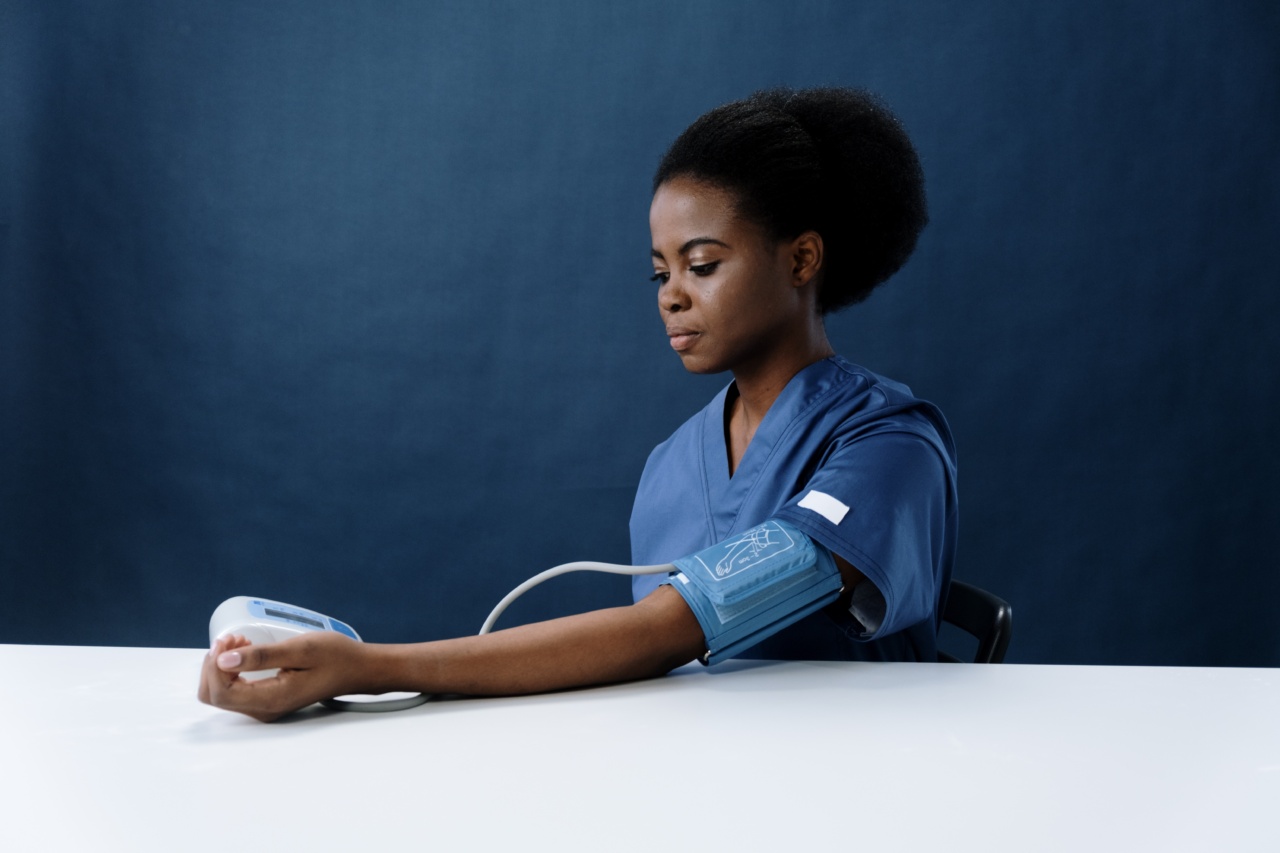Hypertension, commonly known as high blood pressure, affects approximately 1 in 3 adults in the United States. High blood pressure can increase the risk for serious health conditions, such as heart disease, stroke, and kidney disease.
While medication can be effective in managing high blood pressure, there are also lifestyle changes that can help lower blood pressure without medication. Here are seven effective tips for lowering hypertension without medication.
1. Maintain a healthy weight
Being overweight or obese can increase the risk for high blood pressure. Losing weight can significantly lower blood pressure. A healthy body mass index (BMI) is between 18.5 and 24.9.
To maintain a healthy weight, a focus should be put on a balanced diet, regular physical activity, and portion control.
2. Follow a healthy diet
A healthy diet consisting of whole foods such as fruits, vegetables, whole grains, lean protein, and low-fat dairy can lower blood pressure. Additionally, reducing salt intake can significantly lower blood pressure.
The American Heart Association recommends consuming less than 1500 mg of sodium per day.
3. Regular physical activity
Regular physical activity can help lower blood pressure. The American Heart Association recommends at least 150 minutes per week of moderate-intensity aerobic exercise or 75 minutes per week of vigorous-intensity aerobic exercise.
Exercise can include activities such as walking, running, cycling, or swimming.
4. Reduce stress
Stress can contribute to high blood pressure. Techniques such as meditation, deep breathing exercises, yoga, and stretching can help reduce stress and lower blood pressure.
5. Limit alcohol intake
Drinking more than moderate amounts of alcohol can increase blood pressure. The American Heart Association defines moderate alcohol intake as one drink per day for women and two drinks per day for men.
6. Quit smoking
Smoking can increase blood pressure and significantly increase the risk for heart disease. Quitting smoking can lower blood pressure and reduce the risk for heart disease and other serious health conditions.
7. Get enough sleep
Getting enough sleep can help lower blood pressure. The recommended amount of sleep for adults is seven to eight hours per night. Additionally, sleep apnea, a condition where breathing stops during sleep, can contribute to high blood pressure.
It is important to talk to a healthcare provider if experiencing symptoms of sleep apnea.
Conclusion
High blood pressure can significantly increase the risk for serious health conditions such as heart disease, stroke, and kidney disease.
While medication can be effective in managing high blood pressure, there are also lifestyle changes that can help lower blood pressure without medication. Maintaining a healthy weight, following a healthy diet, regular physical activity, stress reduction, limiting alcohol intake, quitting smoking, and getting enough sleep are all effective ways to lower hypertension without medication.































